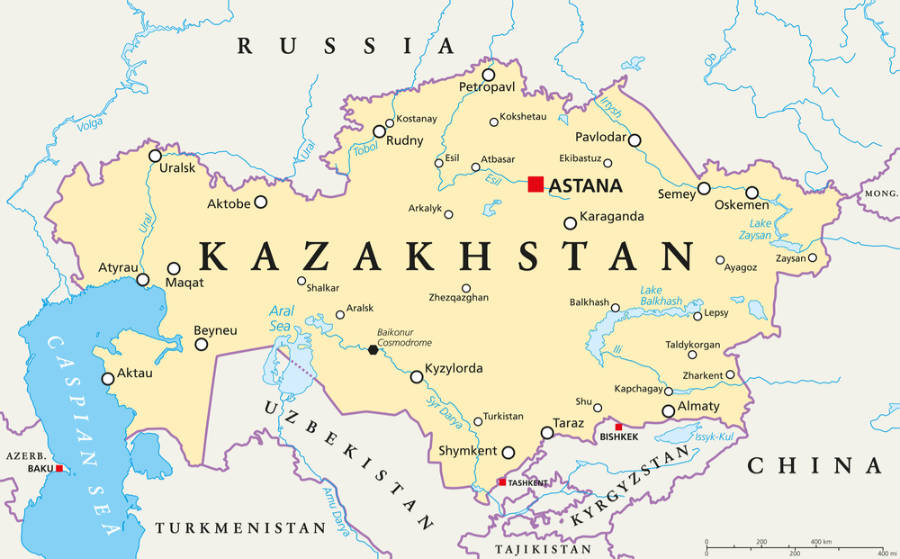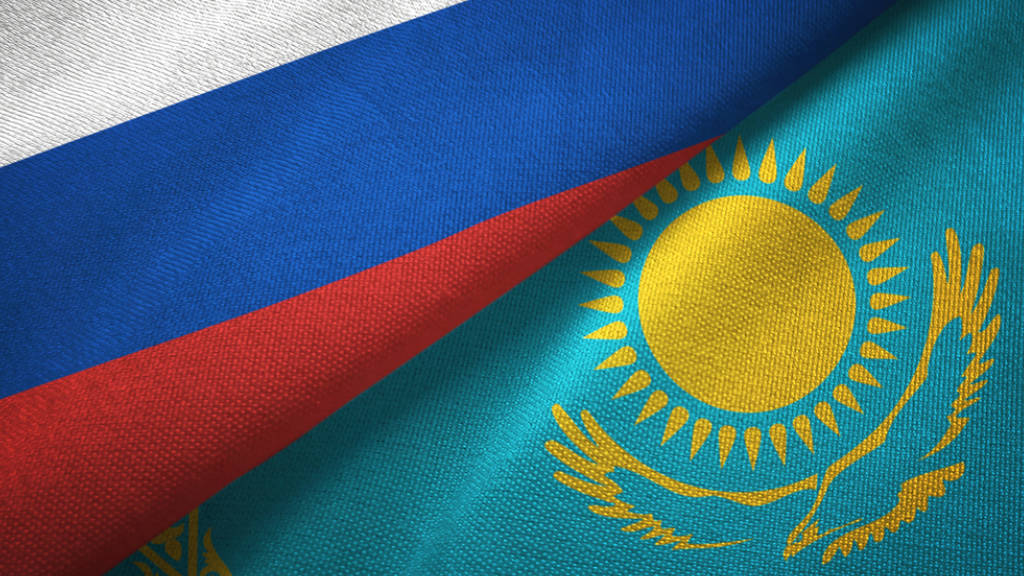The Kazakh Minister of National Economy Bauyrzhan Kudaibergenov, has said that over 40 foreign investor, with assets worth more than US$1.5 billion have completed the process of relocation from Russia to Kazakhstan. “Today, the government is working on the relocation of foreign companies, including large enterprises. We have about 400 companies from more than 30 countries on our list.
“As of March 2024, we have assisted 41 companies including InDriver, TikTok, and so on. Work is underway to assist another 37 foreign companies currently domiciled in Russia. They are worth an additional US$1 billion.” Kudaibergenov said at a government briefing.
The Vice Minister added that these are mainly companies from the manufacturing industry, IT and digitalisation, as well as the mining industry.
In 2023, according to Kazakh Invest, 72 companies operating in the Russian market expressed interest in moving to Kazakhstan. The President of Kazakhstan, Kassym-Jomart Tokayev has moved the economy to create favourable conditions for companies that have left the Russian market to move to the country.

Kazakhstan is part of the Eurasian Economic Union (EAEU) which has Free Trade Agreements with Russia. The Kazakh Tenge is traded daily on the Moscow financial markets. Relocation from Russia to Kazakhstan means that foreign investors can maintain their Russia business while managing it instead from cities such as Almaty, the regional capital, yet without being subjected to Western sanctions which have been directed at Russian based businesses. Russia-Kazakh bilateral trade reached US$27.4 billion in 2023, a record high, and increased again during January and February 2024. Russian corporate investment into Kazakhstan reached US$20 billion in 2023. Kazakhstan’s trade with China also increased in 2023 to hit US$37 billion, showcasing the countries capabilities as a conduit for Russia-China bilateral trade, which hit US$240 billion the same year. Foreign investors are now following the same supply chains yet managing from what is now becoming the central trade hub – Kazakhstan.




